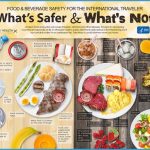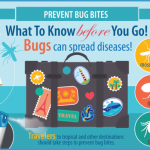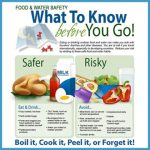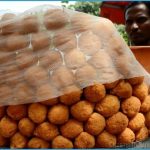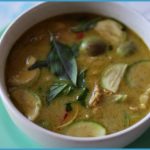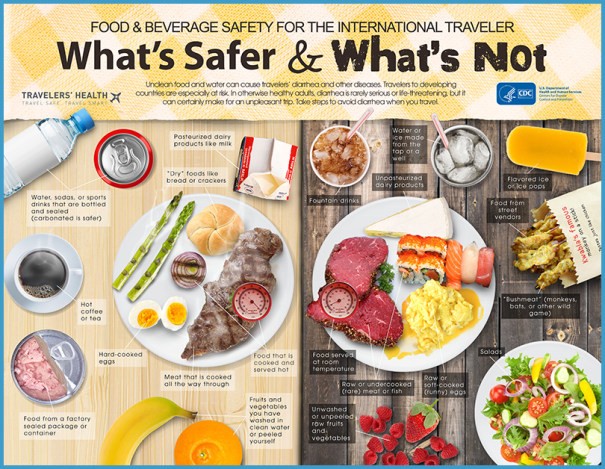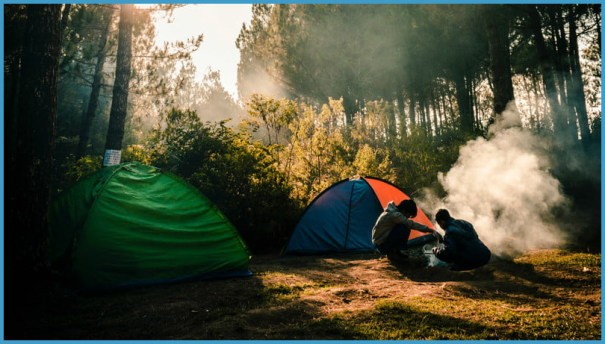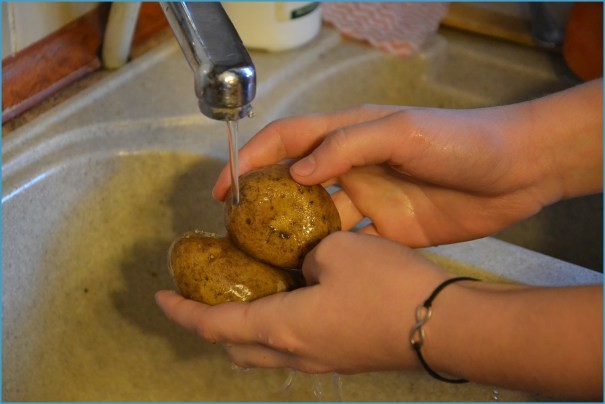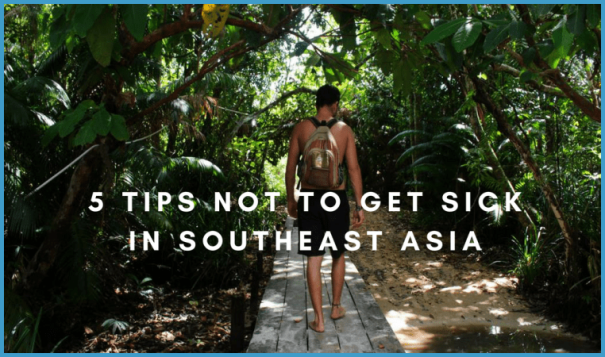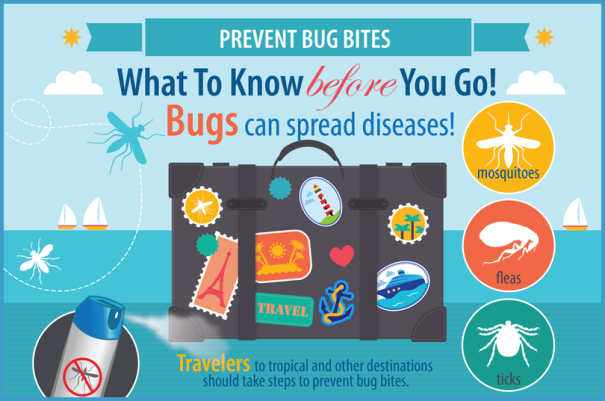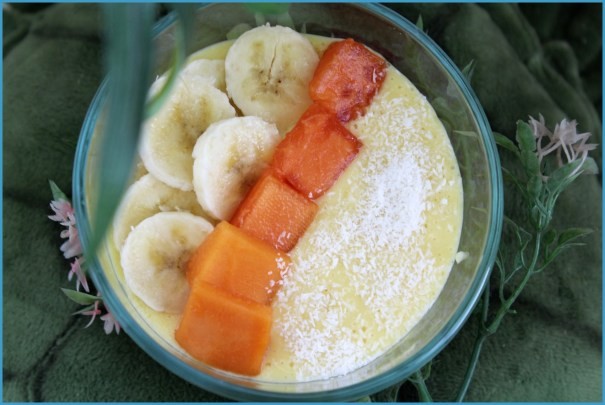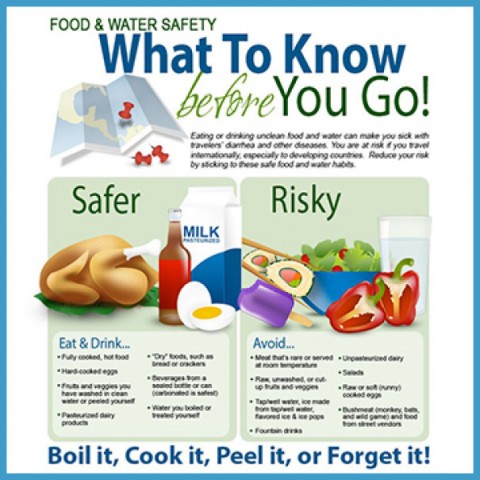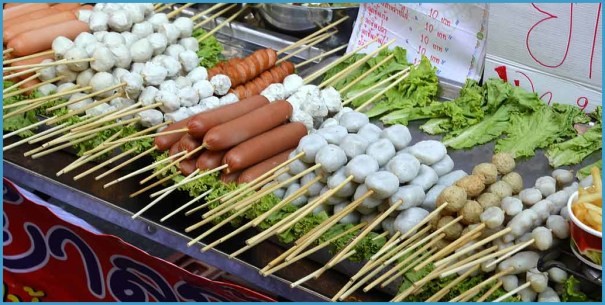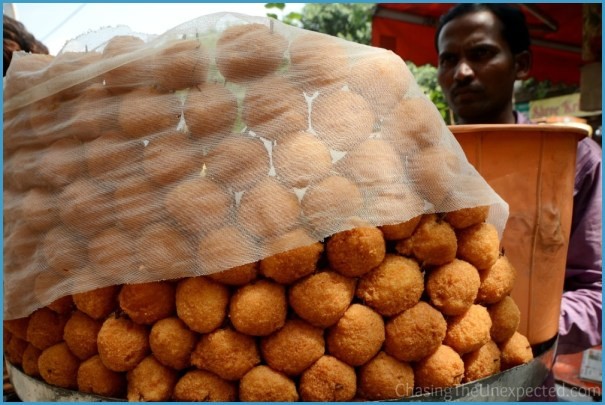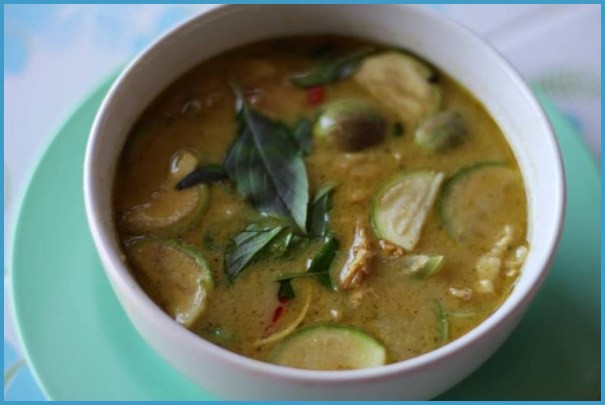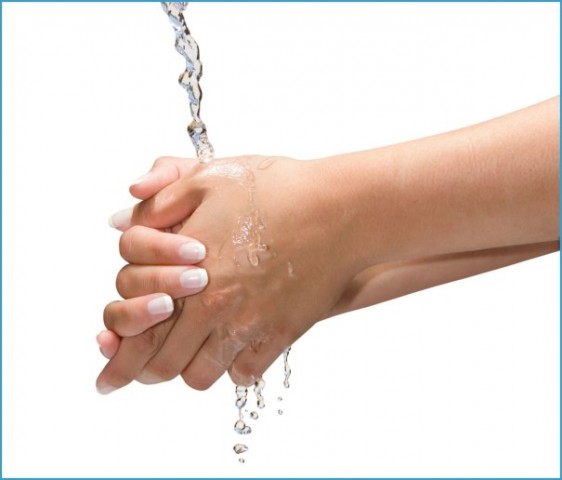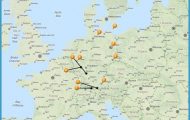Water and Food
Many people suffer food poisoning while abroad. The problem isn’t the water and food, it’s the bugs and germs that are swimming in it, or climbing and breeding on it. Local people have usually built up a natural immunity to the infections, so they easily shrug off any bacteria and virus. A tourist can arrive in the country, take one sip of water and then be so ill from an infection that they spend the rest of their holiday in bed.
Holiday ailments like the infamous Delhi Belly’ and Montezuma’s Revenge’ are not inevitable. If you follow some simple rules on hygiene, food and drink, you can greatly reduce the risk of suffering from these infections.
Be warned that apparently simple infections that cause diarrhoea and vomiting can lead to dehydration and ultimately to fatal complications. Young children and the elderly are particularly susceptible to dehydration.
You should be able to avoid the usual stomach upsets by taking some simple precautions.
What to Know About Water and Food Safety in China
Food Safety: How to Avoid Getting Sick While Traveling Photo Gallery
Water and Food – countermeasures
If travelling with young or frail people, consult your doctor before you go. Decide if the risks are acceptable and consider leaving young and the old and frail at home. If you take them, ask your doctor about taking re-hydration formula or anything else to help them recover if they fall ill.
If any member of your group suffers from an infection, seek medical assistance immediately. These infections can easily become life-threatening.
Strictly observe basic hygiene rules. Wash your hands when you have been to the toilet and before you eat or handle food. Make sure you use good-quality soap. Make sure that you dry your hands thoroughly afterwards using a clean towel.
The Healthiest Travel Food To Pack Before You Go
When you brush your teeth while abroad, don’t trust the local water. Make sure that you use bottled or (cold) boiled water with your toothbrush.
If self-catering, thoroughly wash all toilets, basins, kitchen work surfaces, plates, saucepans and utensils, using hot water and a bacteriological washing liquid or cleaner before you do anything else Then thoroughly wash your hands again.
Don’t use a grimy wash cloth or tea towel. They are an efficient way of breeding and spreading germs.
Any raw food is potentially contaminated. Don’t buy raw food that is exposed to the touch in shops and markets. It is also exposed to flies and air-borne contaminants. Don’t buy it. use it or eat it
Some raw foods such as oysters are especially prone to infection.

